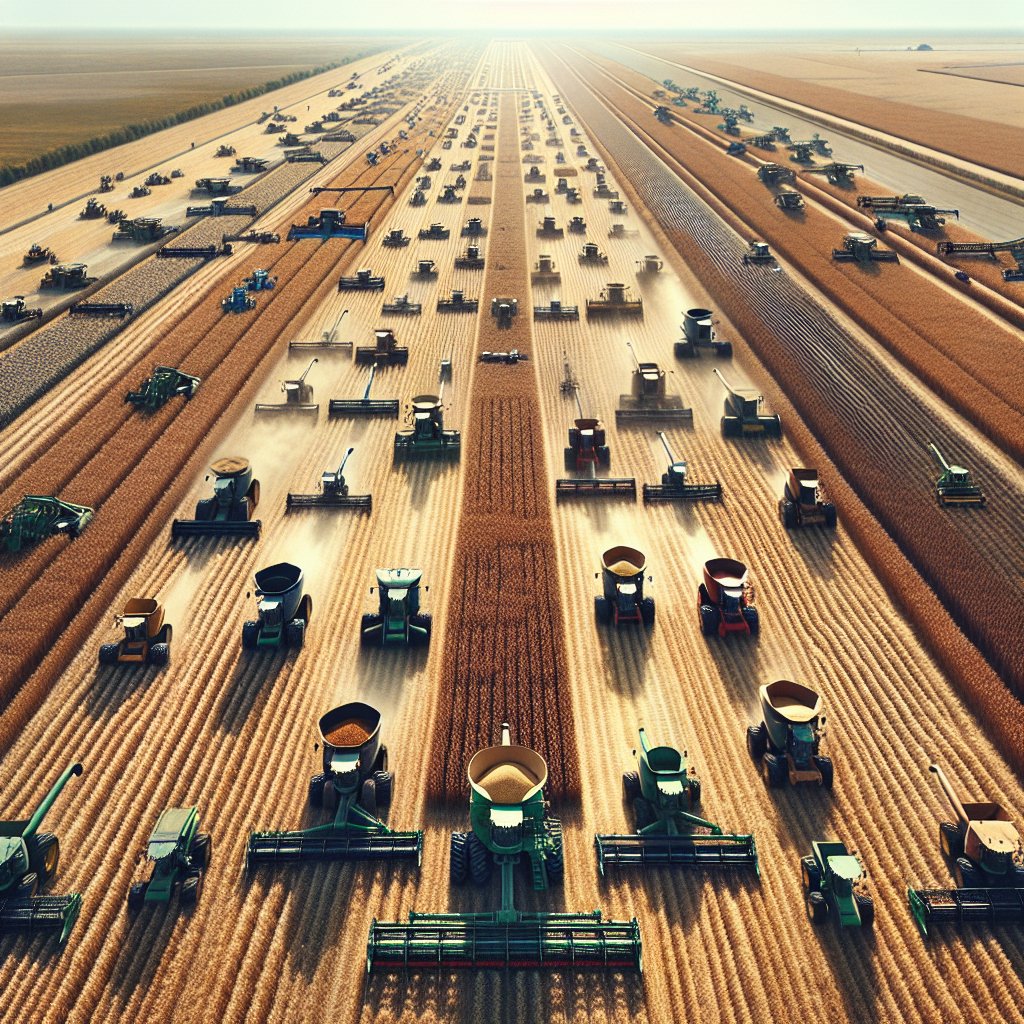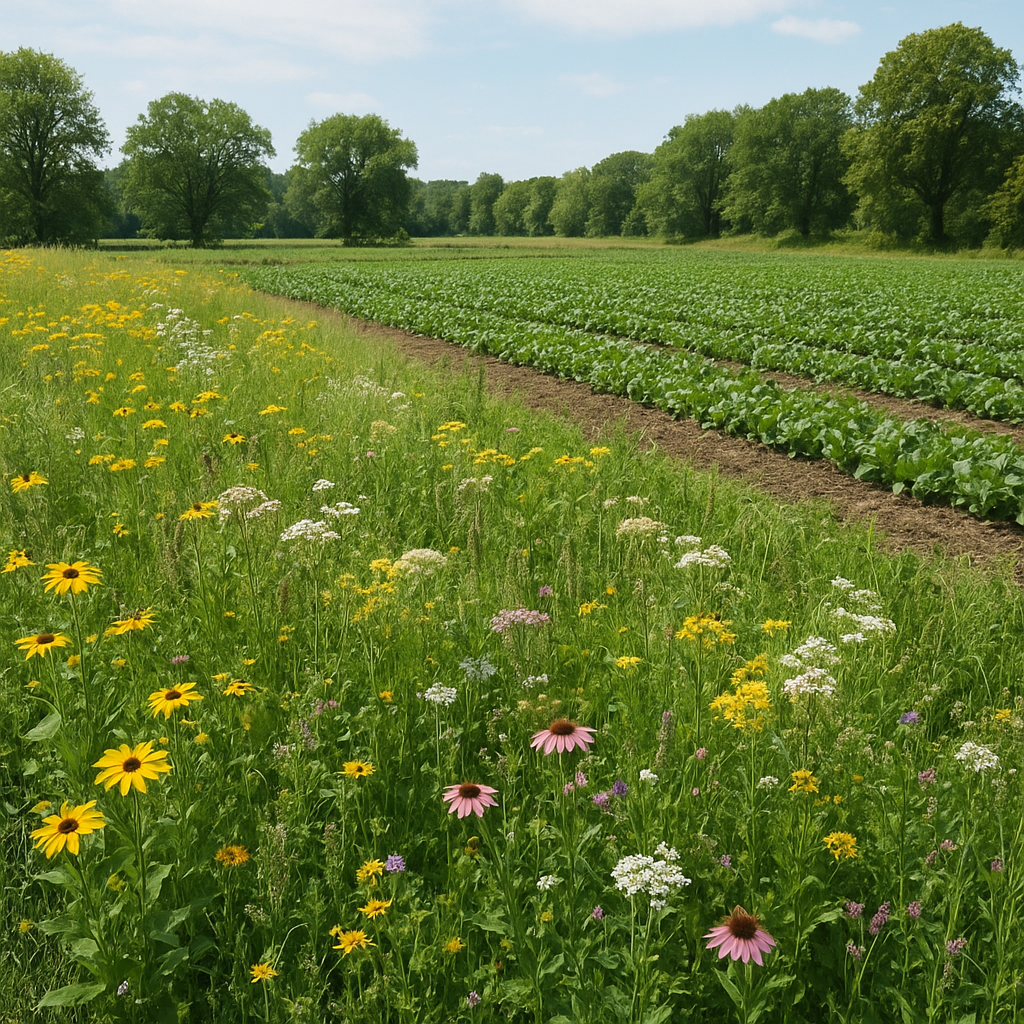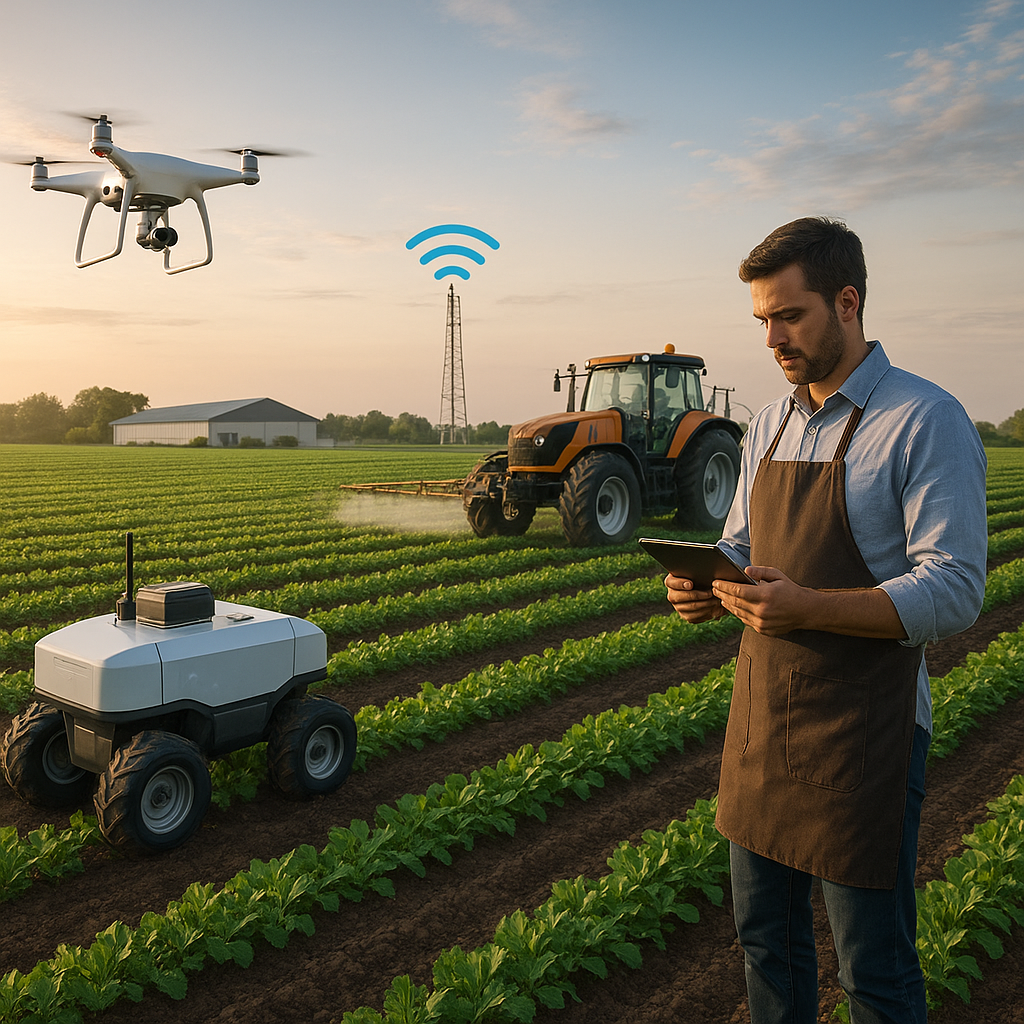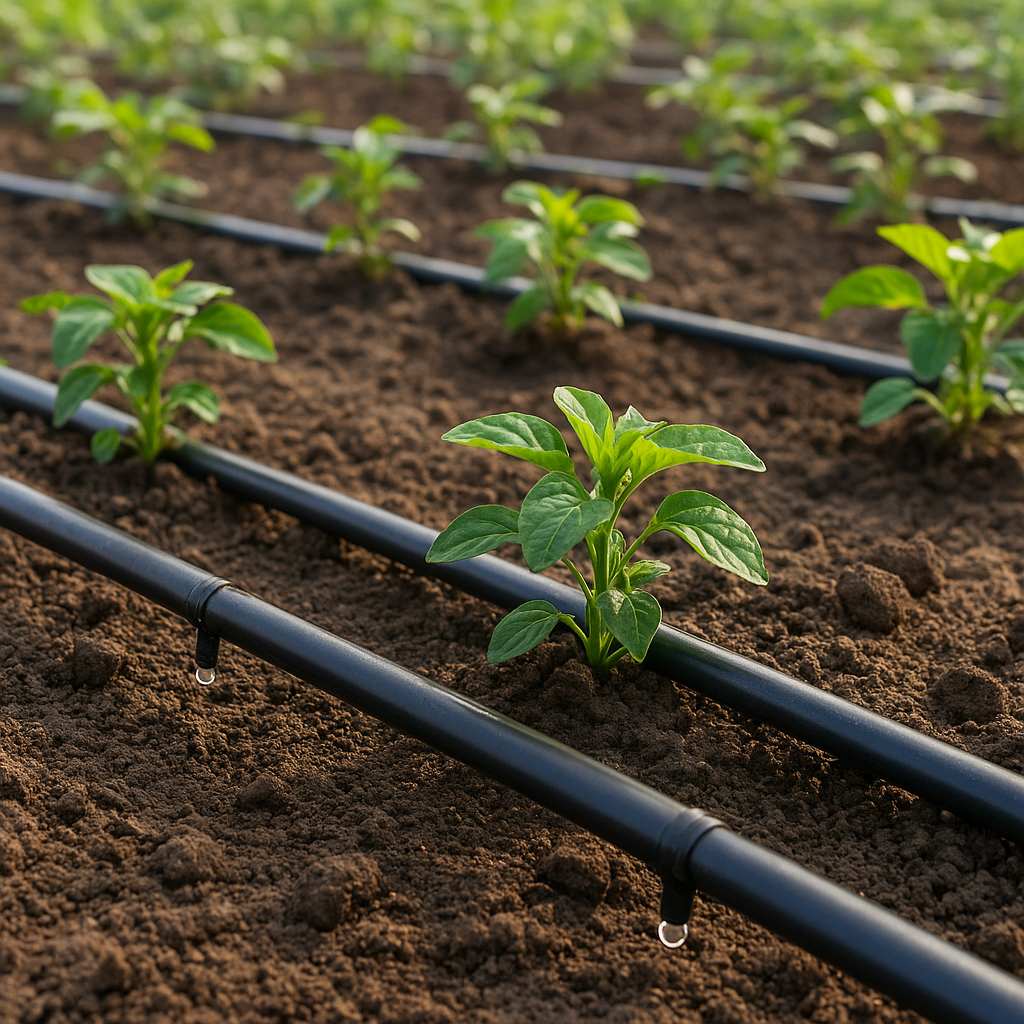The economic impact of large-scale farming operations is a multifaceted topic that encompasses various aspects of agriculture, trade, and community dynamics. As the global population continues to grow, the demand for food increases, prompting many farmers to adopt large-scale farming practices. This shift not only affects the agricultural sector but also has significant implications for local economies, environmental sustainability, and food security. In this article, we will explore the economic benefits and challenges associated with large-scale farming, as well as its broader implications for society.
Economic Benefits of Large-Scale Farming
Large-scale farming operations, often referred to as industrial agriculture, can yield numerous economic advantages. These benefits can be categorized into several key areas:
Increased Production Efficiency
One of the primary economic benefits of large-scale farming is the increased production efficiency it offers. By utilizing advanced technologies, such as precision agriculture, large farms can optimize their inputs—such as seeds, fertilizers, and water—leading to higher crop yields. This efficiency not only maximizes profits for farmers but also contributes to a more stable food supply for consumers.
Cost Reduction
Large-scale operations often benefit from economies of scale, which allow them to reduce costs per unit of production. By purchasing inputs in bulk and investing in high-efficiency machinery, these farms can lower their overall production costs. This cost reduction can translate into lower prices for consumers, making food more accessible.
Job Creation and Economic Growth
While large-scale farming may lead to the consolidation of smaller farms, it can also create jobs in various sectors. These include positions in farming, logistics, processing, and distribution. Additionally, large farms often stimulate local economies by purchasing supplies and services from local businesses, thereby fostering economic growth in rural areas.
Export Opportunities
Large-scale farming operations can produce surplus crops that can be exported to international markets. This not only generates additional revenue for farmers but also contributes to the national economy. Countries that engage in large-scale agriculture can enhance their trade balance and strengthen their economic position on the global stage.
Challenges and Economic Implications
Despite the numerous benefits, large-scale farming operations also face significant challenges that can have adverse economic implications. Understanding these challenges is crucial for developing sustainable agricultural practices.
Environmental Concerns
Large-scale farming often leads to environmental degradation, including soil erosion, water depletion, and loss of biodiversity. These environmental issues can have long-term economic consequences, as they may reduce the land’s productivity and increase the costs associated with environmental restoration. Moreover, the reliance on chemical fertilizers and pesticides can lead to health problems for local communities, resulting in increased healthcare costs and decreased productivity.
Market Volatility
Large-scale farming operations are often vulnerable to market fluctuations. Prices for agricultural products can be highly volatile, influenced by factors such as weather conditions, global demand, and trade policies. This volatility can create financial instability for large farms, making it challenging to plan for the future and invest in necessary improvements.
Impact on Small Farmers
The rise of large-scale farming can have detrimental effects on small farmers. As larger operations dominate the market, small farms may struggle to compete, leading to a decline in their viability. This consolidation can result in job losses and reduced economic diversity in rural areas, as small farms often contribute to local economies in unique ways.
Regulatory Challenges
Large-scale farming operations are subject to various regulations, which can impose additional costs and complexities. Compliance with environmental regulations, labor laws, and food safety standards can be burdensome for large farms. Navigating these regulations requires significant resources, which can detract from the farm’s overall profitability.
Future Outlook and Sustainable Practices
As the agricultural landscape continues to evolve, the future of large-scale farming will likely be shaped by the need for sustainability and innovation. Addressing the economic challenges associated with large-scale operations will require a concerted effort from farmers, policymakers, and consumers.
Adoption of Sustainable Practices
To mitigate the negative economic implications of large-scale farming, there is a growing emphasis on sustainable agricultural practices. These practices include crop rotation, cover cropping, and integrated pest management, which can enhance soil health and reduce reliance on chemical inputs. By adopting sustainable methods, large farms can improve their long-term productivity and reduce their environmental footprint.
Technological Innovations
Technological advancements will play a crucial role in the future of large-scale farming. Innovations such as artificial intelligence, drones, and biotechnology can enhance efficiency and reduce costs. By leveraging these technologies, large farms can improve their resilience to market fluctuations and environmental challenges, ultimately leading to more stable economic outcomes.
Community Engagement and Support for Small Farmers
Large-scale farming operations can also play a role in supporting local communities and small farmers. By fostering partnerships and investing in local agricultural initiatives, large farms can contribute to a more diverse and resilient agricultural economy. This collaboration can help ensure that the benefits of large-scale farming are shared more equitably across the agricultural sector.
Conclusion
The economic impact of large-scale farming operations is complex, encompassing both significant benefits and notable challenges. While these operations can enhance production efficiency, reduce costs, and stimulate local economies, they also pose risks to the environment and the viability of small farms. As the agricultural sector continues to evolve, embracing sustainable practices and technological innovations will be essential for maximizing the economic benefits of large-scale farming while minimizing its negative impacts. By fostering collaboration between large and small farms, the agricultural community can work towards a more sustainable and economically viable future.




